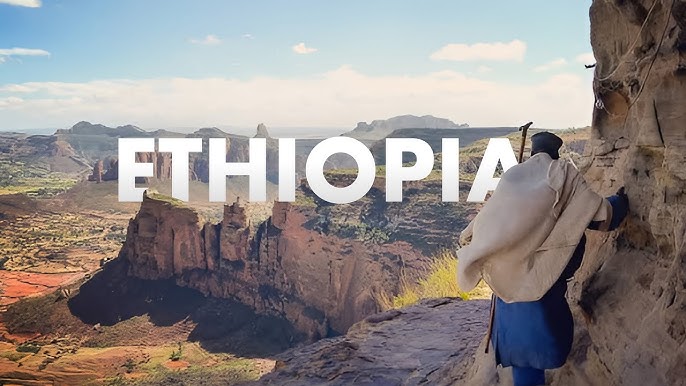
Africa is a dynamic place with quick growth, big problems, and huge possibilities. As we look ahead to 2026, the world is changing. Established powers are adapting to new economic realities, and aspiring nations are rising to seek their place in the future. To figure out where the continent is going, you need to know what the metrics of power are: economic strength, military capabilities, diplomatic influence, and demographic might. It’s not only about which country has the biggest economy or the most soldiers; it’s also about whether countries have the clear vision, stable institutions, and strategic power to affect events within their own borders and across the continent.
At Nubia Magazine, we’ve gone beyond just looking at GDP numbers to look at a full range of components in this complicated research. We’ve looked at how to diversify the economy and make it more resilient in the face of global challenges, how to modernize and improve military capabilities, how to use cultural exports and diplomatic missions as soft power, and how a young, growing population is an indisputable force. In 2026, digital transformation, climate change adaptation, and regional security cooperation will be important new areas of influence.
The usual order of power in Africa is being questioned. Some countries are still using their historical advantages in resources and infrastructure, while others are moving forward with flexible tech industries, progressive regulations, and an unending entrepreneurial spirit. This makes for an interesting and competitive environment, where a country’s standing is no longer set in stone but rather based on its current momentum and strategic foresight. The list we show is a snapshot of this dynamic equilibrium and a guess about which countries will be best able to lead in the coming year.
In this time of upheaval and opportunity, we at Nubia Magazine have put together our final ranking. After careful study of current data, future trends, and strategic projections, we give our analysis of the Most Powerful Countries in Africa 2026. This list tries to capture the spirit of modern national power in all its forms, giving our readers a clear picture of the continent’s most important players.
List Of Top 10 Most Powerful Countries In Africa 2026
1. NIGERIA
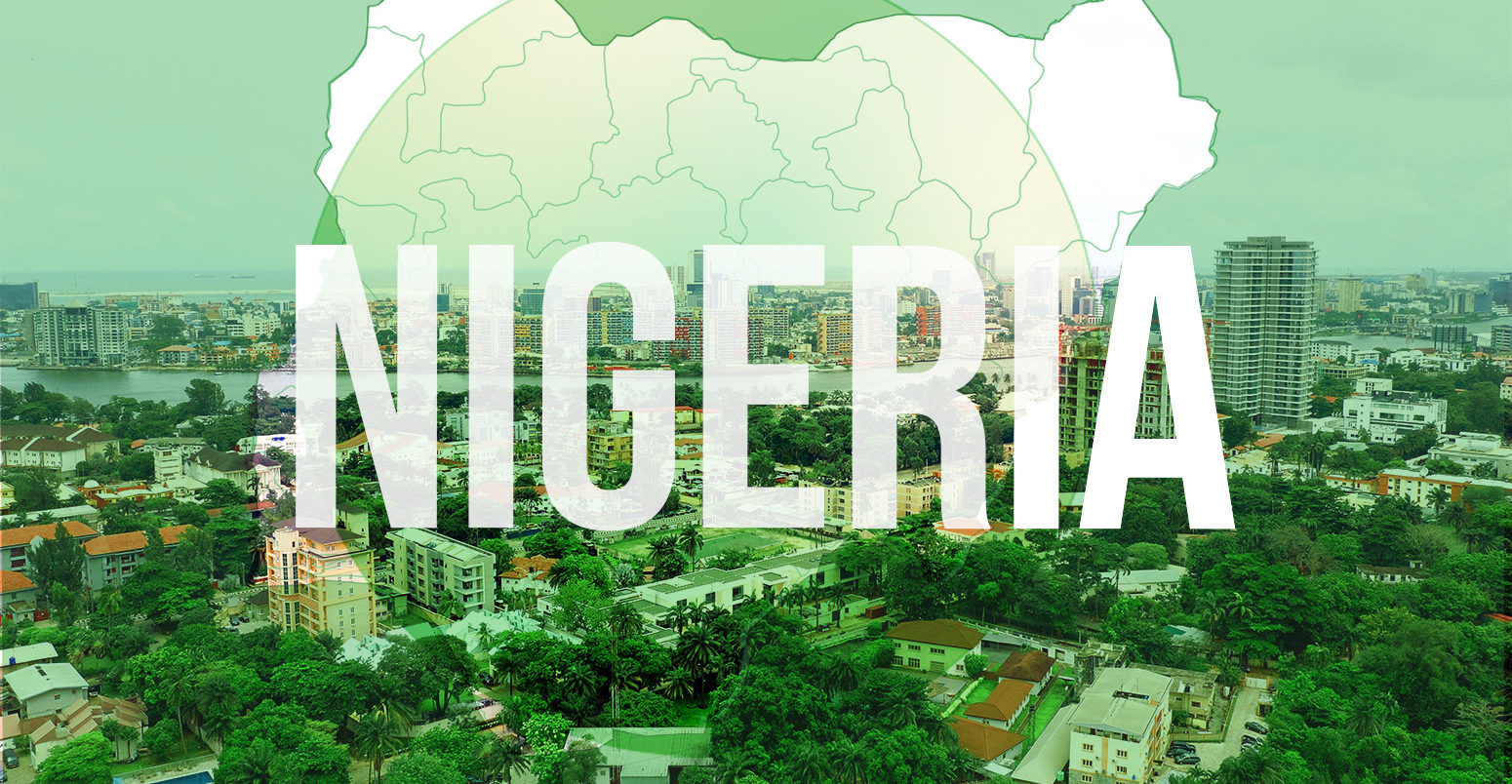
Nigeria is still the Most Powerful Country in Africa in 2026 because of its large population and strong economy. It has more over 220 million people, making it Africa’s most populated country and its biggest economy. The scale of its market makes it an attractive place to invest and a center for cultural impact, especially through its famous Nollywood film industry and Afrobeat music. Lagos is a megacity with a lot of economic activity and new ideas. It has a vibrant tech startup sector that is bringing in billions of dollars in venture money. But Nigeria’s strength is a strange thing. It has a lot of problems with internal security, such insurgency in the northeast and rampant banditry. Its economy is still very dependent on oil and gas, which makes it sensitive to price changes. Even with these problems, its role as a diplomat in ECOWAS and on the continental stage, as well as its potential for human capital, make it the best choice for 2026.
2. SOUTH AFRICA
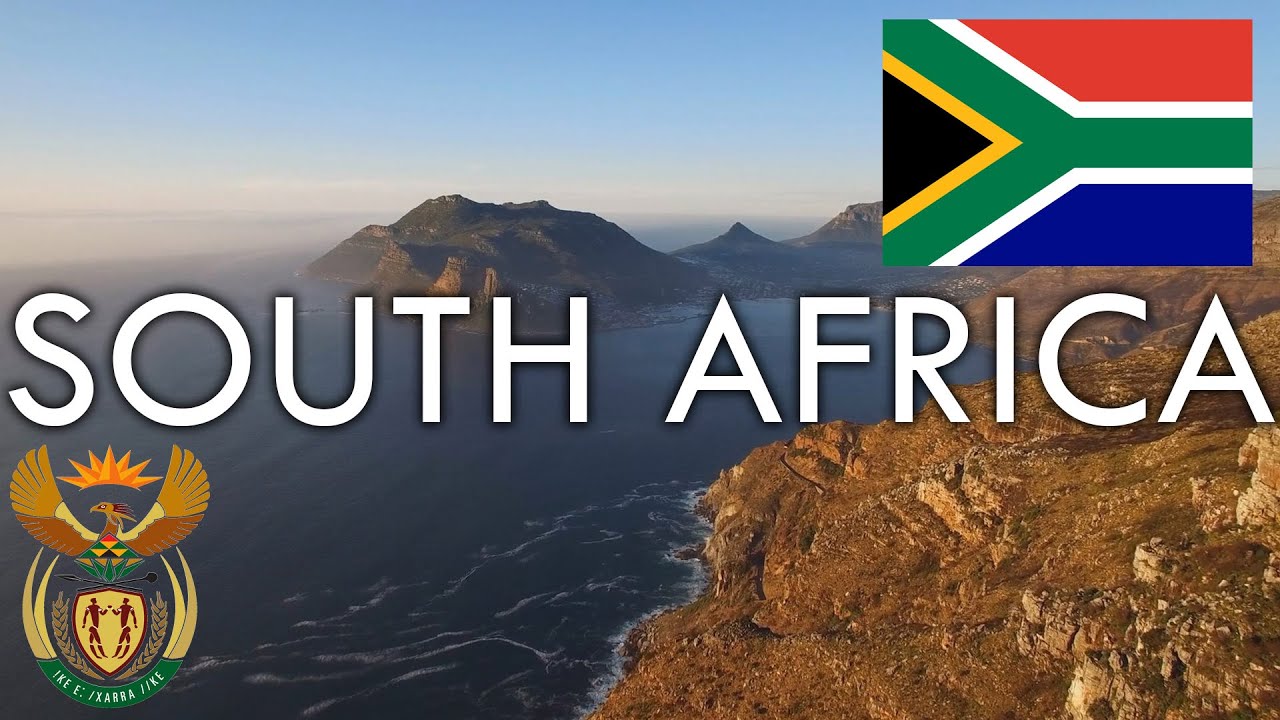
South Africa is still a major player on the continent, with the most industrialized and diverse economy in Africa. Its solid institutions, world-class infrastructure (though under strain), and advanced financial industry make it hard for most people to equal. As a crucial member of the BRICS group, it has a lot of diplomatic power and speaks for the Global South. Johannesburg is a major financial center, and Cape Town is a major tech and tourism center. The country’s army is also one of the most advanced in Africa. But in 2026, South Africa will be at a very important point. Load shedding (rolling blackouts), rising unemployment, political instability, and systemic corruption have all slowed down growth and put social cohesion to the test. The main thing that will decide whether it can get back to the top or see its power slowly fade away is how well it can handle these internal problems.
3. EGYPT
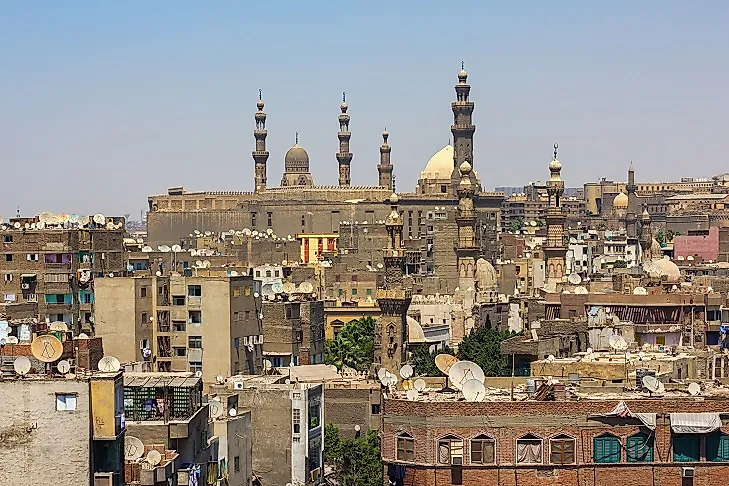
Egypt is in a unique and powerful place, connecting Africa and the Middle East. Its strength comes from its strategic assets: the Suez Canal, a major shipping route that brings in a lot of money; the largest standing army in Africa, which has sophisticated weapons; and a huge population of nearly 110 million people. The government has started huge national initiatives under President Abdel Fattah El-Sisi. These include building a new administrative capital to help the economy flourish and spread out the people. Egypt has a strong foreign policy, and its role as a mediator in regional disputes like the one in Gaza shows how important it is as a diplomat. In 2026, Egypt’s biggest problem will still be keeping its water safe in light of the Grand Ethiopian Renaissance Dam and fixing an economy that is struggling with inflation and public debt.
4. ALGERIA
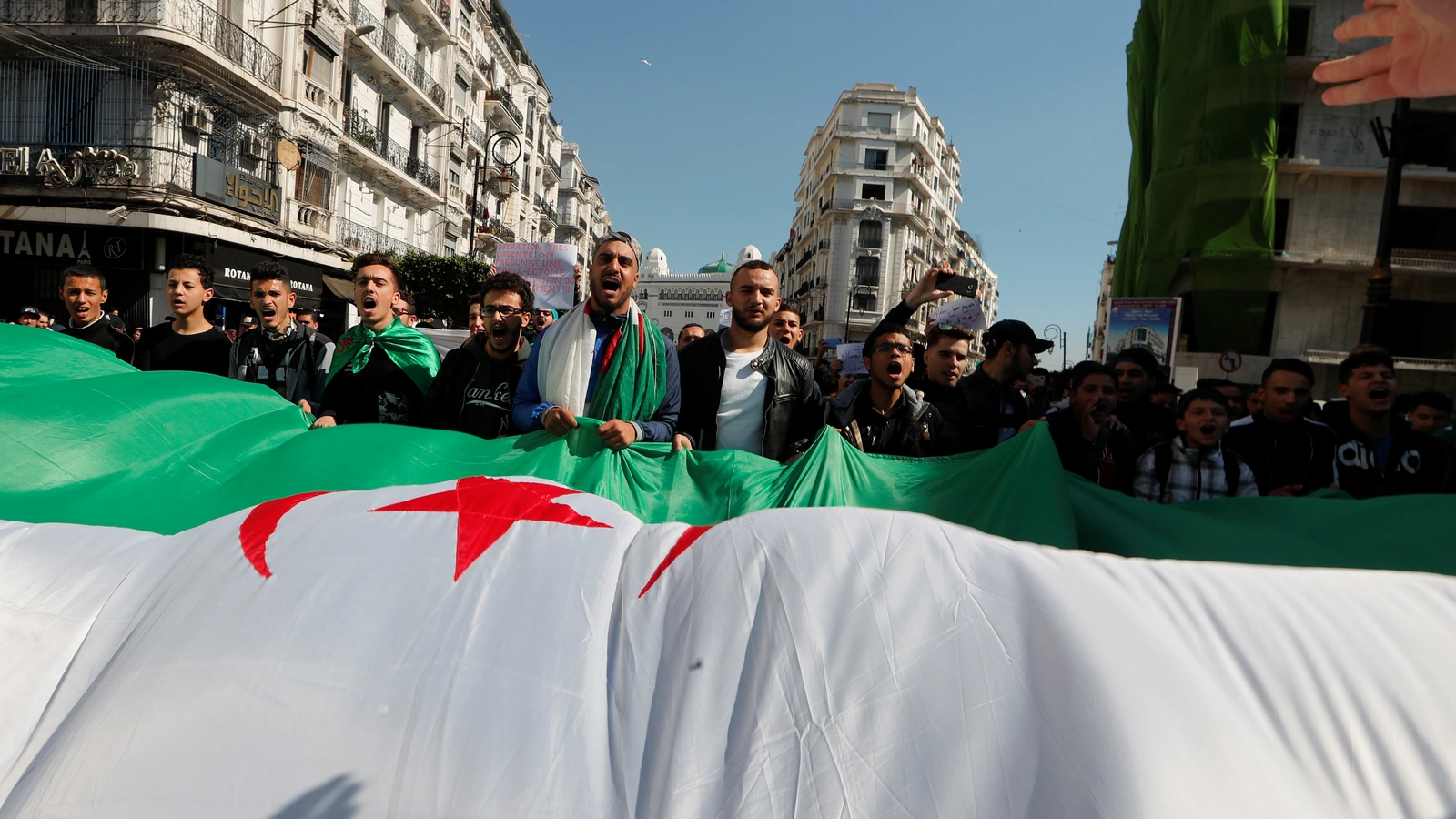
Algeria’s power comes from its huge natural gas reserves, which have become even more important since the global energy market changed. This richness of resources pays for the government, protects it from economic shocks, and pays for its large military spending. The Algerian military is one of the largest and best-equipped in Africa. This lets it have an impact on North Africa and the Sahel, especially as a major security partner in the fight against terrorism. The country is slowly working on diversifying its economy, even though it relies significantly on hydrocarbons. After the Hirak protest movement, the political scene in the country is changing. How the government handles this change while using its energy diplomacy will determine its power path through 2026 and beyond.
5. ETHIOPIA

Ethiopia has a lot of potential and is very important in the unstable Horn of Africa. It is the second-most populated country on the continent, with more than 120 million people, and before the war, it had one of the fastest-growing economies. Ending the terrible civil war in Tigray and continuing national dialogue initiatives are very important for its stability and power projection in 2026. The Grand Ethiopian Renaissance Dam (GERD) on the Blue Nile is a huge project that would supply a lot of hydroelectric power, which will help Ethiopia industrialize and establish its sovereignty, even though it may raise conflicts in the region. Ethiopia could move up this list in the next years if it can maintain peace and deal with its complicated ethnic issues. This is because of its large population, important history, and strategic location.
6. MOROCCO
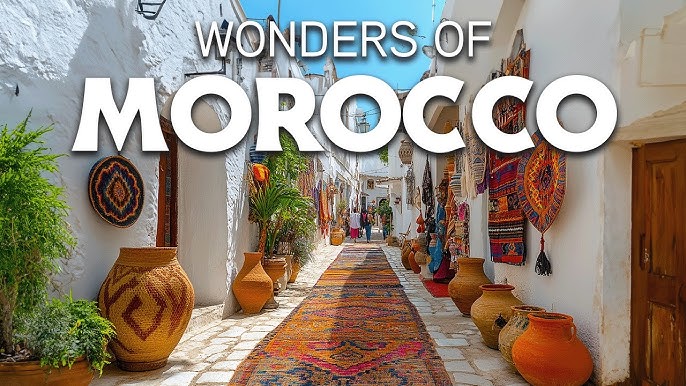
Morocco has carefully chosen a role as a solid economic link between Europe and Africa. King Mohammed VI has pushed for ambitious infrastructure development in the country. For example, it boasts the fastest train network on the continent and is working to increase its capacity for renewable energy. Its diplomatic might has increased a lot, thanks in part to the U.S. recognizing its sovereignty over the Western Sahara and a surge of reopened embassies across Africa. Morocco is also a big participant in phosphate fertilizers, which are very important for food security around the world. The country also has a strong automotive and aerospace manufacturing sector. Its soft power, which comes from tourism and cultural exports, makes it even more powerful and a key and stable force in North Africa by 2026.
7. KENYA
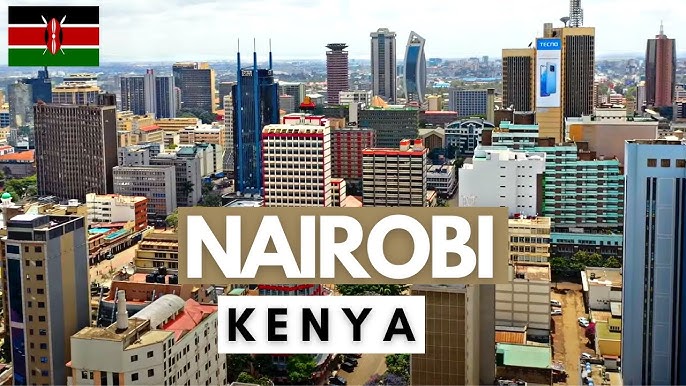
There is little doubt that Kenya is the economic and technological leader in East Africa. Nairobi, sometimes known as the “Silicon Savannah,” is a busy center of financial innovation. The mobile money platform M-Pesa is a well-known success story around the world. Kenya is a favorite of international investors because it has a strong private sector, a stable democracy, and highly skilled workers. It has a lot of diplomatic power and often acts as a regional mediator and hosts many international organizations. Kenya will also expand its security presence in 2026, commanding multinational forces in Haiti. This shows that Kenya is becoming more confident on the world scene. Its main problems at home are putting in place its ambitious decentralized government structure and dealing with public debt.
8. ANGOLA
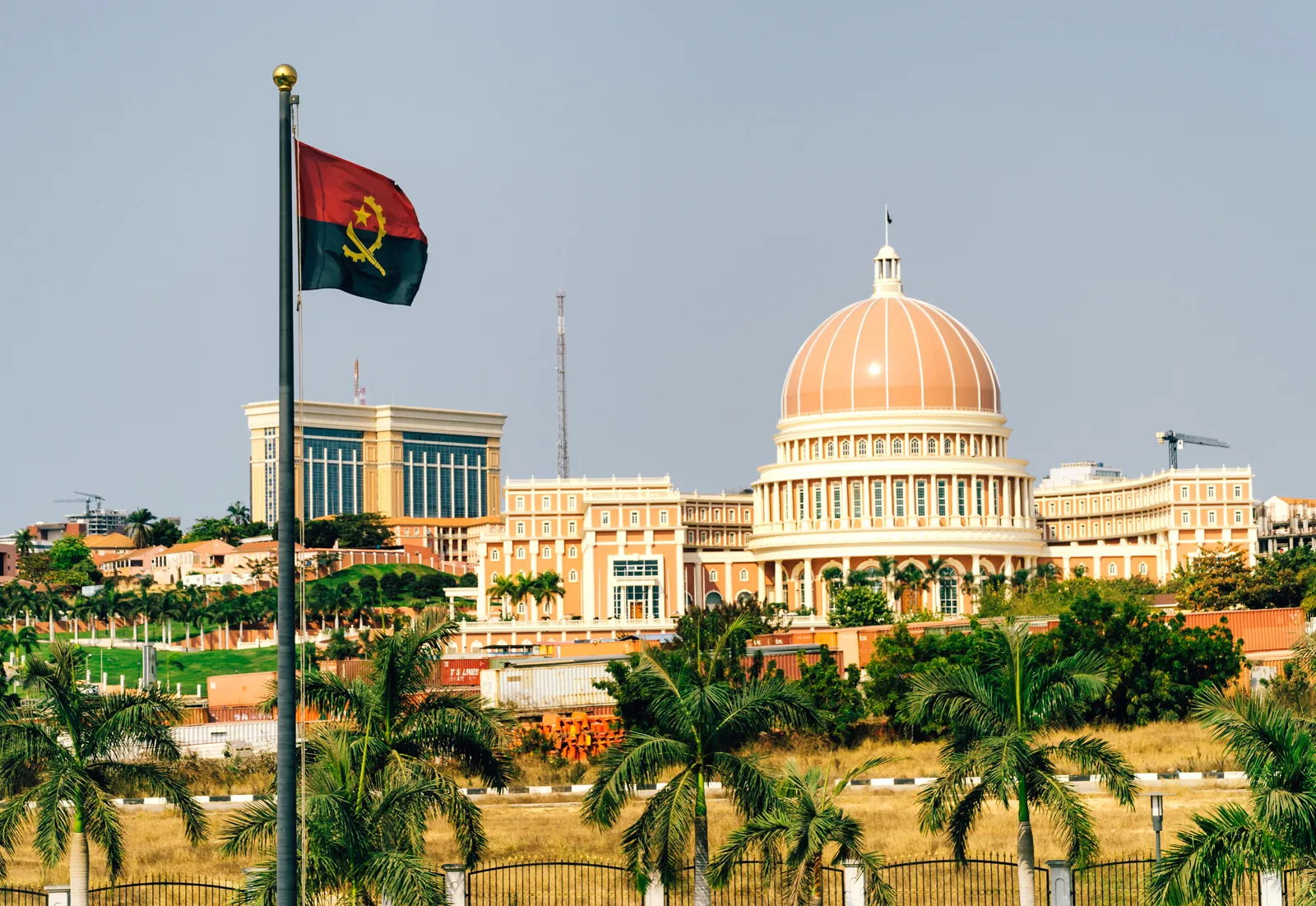
Angola has been powerful in the past because it is one of Africa’s biggest oil producers. The oil industry still makes up the majority of the economy and pays for the government, although President João Lourenço’s government has worked hard to diversify into agriculture, mining, and tourism to lessen this reliance. Angola has a strong military and is a major player in the Southern African Development Community (SADC) because of its size and wealth of resources. The construction of its deep-water port in Lobito, which is meant to connect the mineral-rich interior of Central Africa to the outside world, is a vital project that could improve its economy. Angola’s influence in 2026 will depend on how well its economic reforms work and how well it can turn its natural resources into long-term growth for its people.
9. GHANA
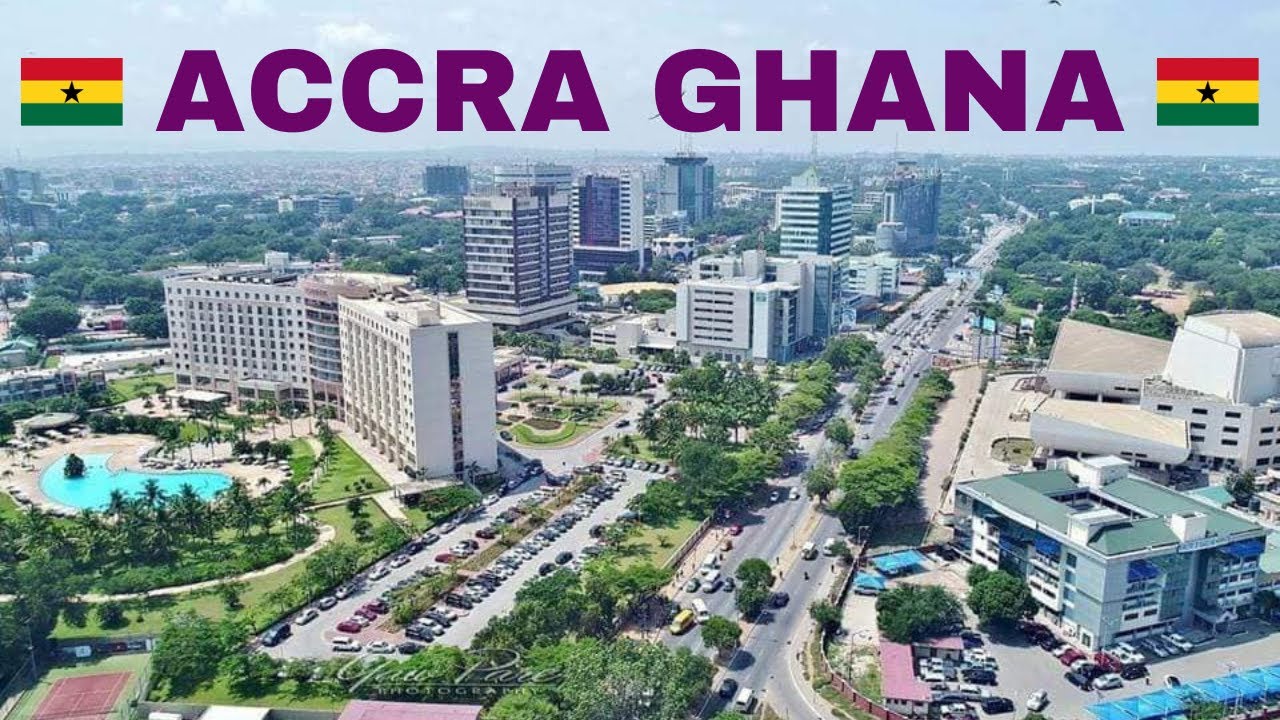
Ghana always does better than it should in regional and continental matters. It is a shining example of stable democracy in West Africa since it has had several peaceful changes of power. This makes it more credible and gives it more soft power on the world stage. It has one of the most diverse economies in the area, with large exports of cocoa, gold, and oil, as well as a digital services industry that is rising quickly. Accra is becoming a popular place for Africans living abroad to visit and a cultural trendsetter. Ghana’s foreign policy is active and well-respected. It often focuses on resolving conflicts and Pan-African projects. It has problems with inflation and public debt, but its solid institutions and democratic underpinnings make it a good site for growth. This is why it is one of the Most Powerful Countries in Africa in 2026.
10. The Democratic Republic of the Congo
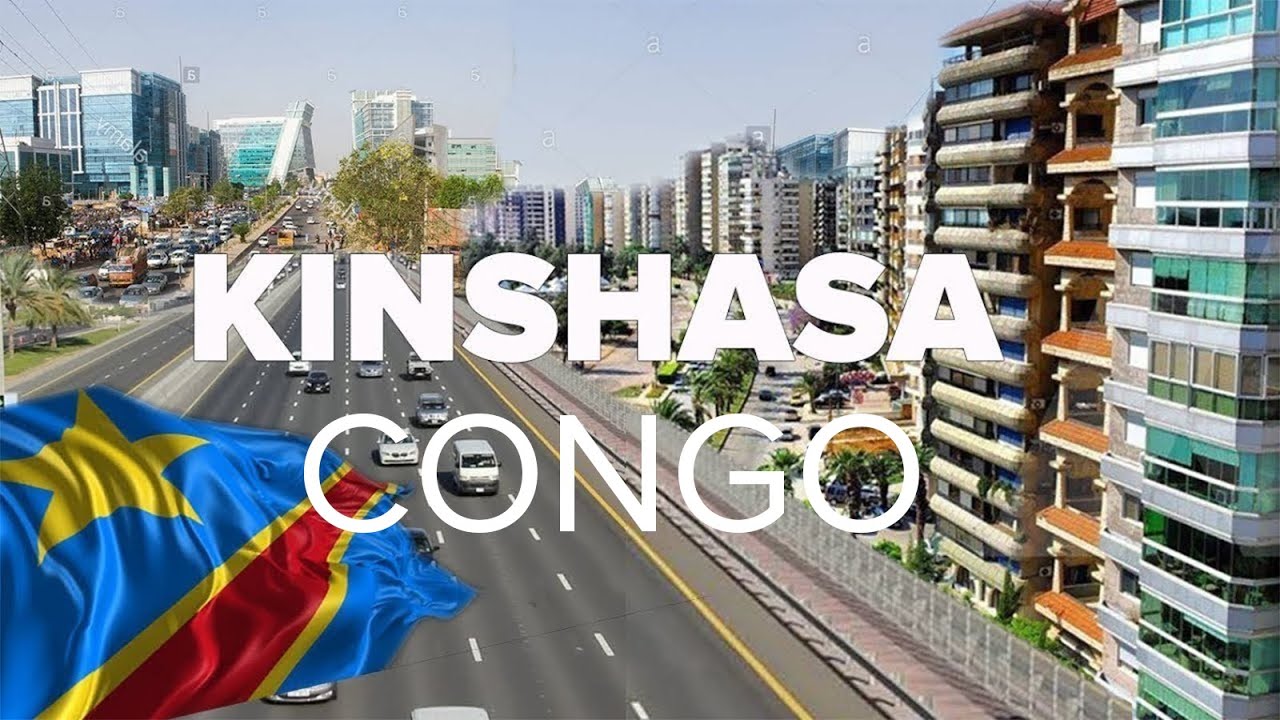
The Democratic Republic of Congo (DRC) stands at the end of our list because of one simple, overwhelming reason: it has a lot of natural resources. Because it has so many reserves of cobalt, copper, coltan, and diamonds, which are very important for the global high-tech and green energy revolutions, it is often called the “geological scandal.” This resource base offers it a lot of economic strength. But decades of problems with government, corruption, and insecurity in its eastern areas have sadly gotten in the way of this promise. If the current government can make progress in strengthening state power, improving governance, and better managing its mineral wealth for the sake of the nation, the DRC’s power on the continent might explode in 2026. It is a sleeping giant because of its size, population, and undeveloped resources. When it wakes up, it will change the way Africa looks on the map.


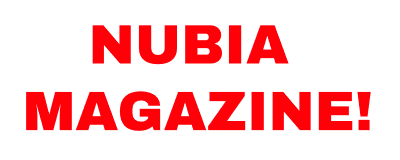



Great article! I really appreciate the clear insights you shared – it shows true expertise. As someone working in this field, I see the importance of strong web presence every day. That’s exactly what I do at https://webdesignfreelancerhamburg.de/ where I help businesses in Hamburg with modern, conversion-focused web design. Thanks for the valuable content!
Great article! I really appreciate the clear insights you shared – it shows true expertise. As someone working in this field, I see the importance of strong web presence every day. That’s exactly what I do at https://webdesignfreelancerhamburg.de/ where I help businesses in Hamburg with modern, conversion-focused web design. Thanks for the valuable content!
Regards for this rattling post, I am glad I discovered this site on yahoo.